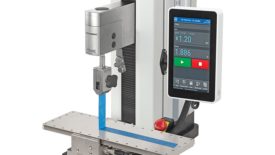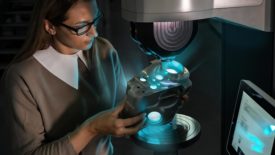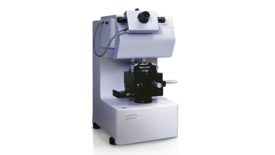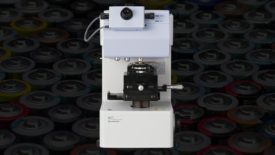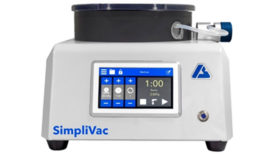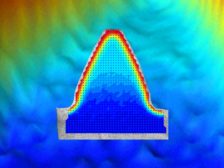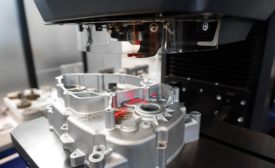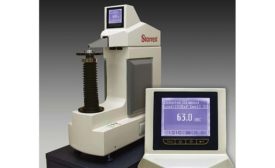Home » hardness testing
Articles Tagged with ''hardness testing''
Quality 101
Materials testing submits a material or product to a thorough, in-depth "check-up" to ensure overall quality.
Read More
Test & Inspection
The Right Hardness Testing Method for Your Metals Application
The right hardness test method depends on the material being tested and the specific requirements of the application. Understanding the differences among the available options helps determine which method will give you the best results.
January 1, 2024
Test & Inspection
An Introduction to Dynamic Micro-indentation Measurements
This article will highlight the broad applicability of the dynamic hardness technique.
December 21, 2023
Test & Inspection
Hardness Testing of Individual Battery Electrode Particulates
Recently, researchers have shown correlation between particle hardness and cycle performance.
April 4, 2023
Test & Inspection: Measuring Magnetic Properties
Measuring magnetic properties can determine the effect of heat treatment on a material
July 8, 2022
Test & Inspection: Hardness Testing of Coatings
There are a wide variety of testing techniques for hardness, using different principles and reporting different scales.
July 8, 2022
Test & Inspection
Digital Technologies in Hardness Testing
Modern computer control of hardness testers has advanced far beyond making a single line of indents.
October 1, 2021
Hardness Testing Changes with the Times
As 2020 marks the 100-year anniversary of the world’s first commercial hardness tester, the technology is as significant as ever.
February 1, 2020
Get our new eMagazine delivered to your inbox every month.
Stay in the know with Quality’s comprehensive coverage of the manufacturing and metrology industries.
SIGN UP TODAY!Copyright ©2024. All Rights Reserved BNP Media.
Design, CMS, Hosting & Web Development :: ePublishing
